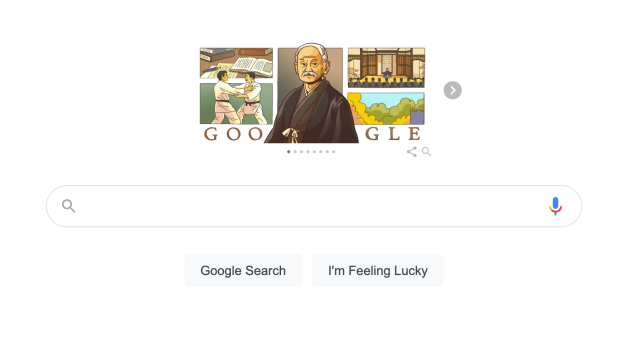The ACCC is again saying Google is too dominant, but this time for its search engine monopoly. As a result, the consumer watchdog wants the power to demand users are given a choice of which search engine they want to use. With so many of us already using Google, would we switch out of this habit if given a choice?
The competition watchdog has had tech giants in its crosshairs for years. It ramped up action in July 2019 when it published its whopping 623-page Digital Platforms Inquiry report. This latest 143-page gift is the third interim report from that inquiry, and focuses on web browsers, specifically search monopoly.
Google Search is the dominant search engine in Australia. It has a market share of 94 per cent. The ACCC has a big problem with this, particularly the fact it’s the pre-set default search engine on the overwhelming majority of absolutely everything you can search from.
This is something that has been in place in Europe since 2019, and back then I reported that the ACCC wanted to follow suit. It threatened to make Google do the same in Australia within 6 months (26 January 2020) or it would submit to the government that it should “consider compelling Google to offer this choice”.
So this search monopoly report surprises no one.
“As a first step, the ACCC recommends that it is given the power to mandate, develop and implement a mandatory choice screen to improve competition and consumer choice in the supply of search engine services in Australia,” it says.
Yes, please deliver it. The Australian government is really good with technology.
A choice screen, the ACCC says, provides users with a selection of search engine options rather than a predetermined default, and “can improve the ability of rival search engines to reach consumers”.
The ACCC wants to consult about how this will work, so don’t expect it any time soon (you know, government red tape and all), but it envisages that the choice screen should initially apply to new and existing Android mobile devices and across all search access points on these devices and that it will go some way to addressing search monopoly.
The report is chunky, and goes into very good detail on what it considers the impacts of pre-installed browsers. Some key points that we don’t not agree with include the fact that although we’re generally able to change default search engine and/or download alternative browsers, the process for doing so is pretty complicated, especially for those not particularly tech savvy.
The user interfaces of some platforms are designed in ways that appeal to certain behavioural biases and hinder consumer choice, the ACCC adds.
“The ACCC has observed the use of dark patterns by some platforms, which make it more difficult for consumers to change their browser or search engine.”
There’s definitely a search monopoly by Google in this space, but the alternatives don’t really offer the same experience, and we mean that with absolutely no disrespect. Hell, Bing’s most searched word this year was again ‘Google’.
